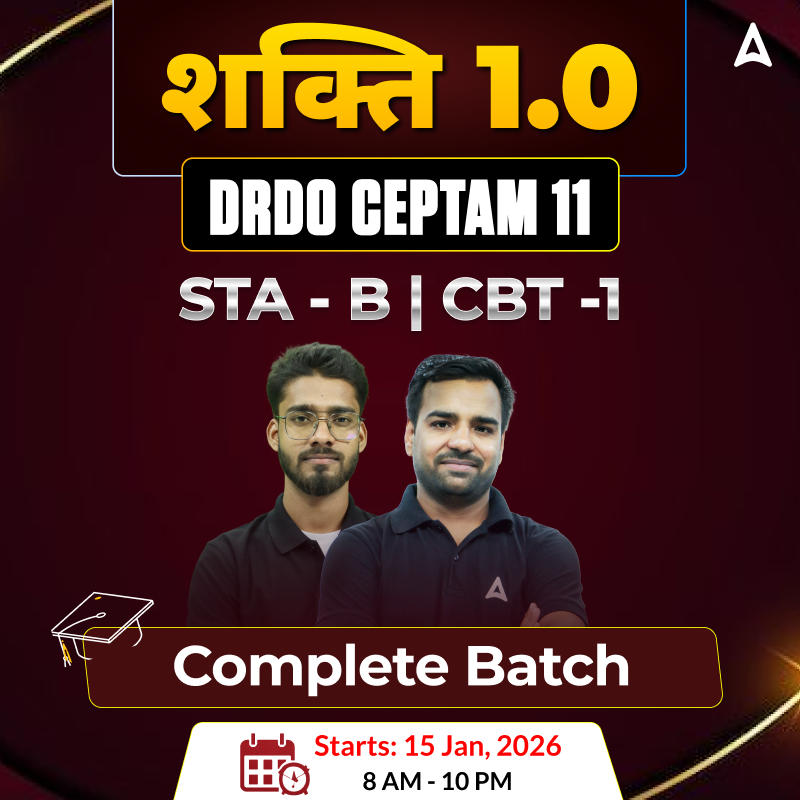Table of Contents
The Graduate Aptitude Test in Engineering (GATE) is a national-level entrance examination conducted annually by one of the Indian Institutes of Technology (IITs) or IISc on a rotational basis. For GATE 2026, it is expected that IIT Guwahati will be the organizing institute. The exam evaluates candidates’ understanding of various engineering, technology, and science subjects and serves as a gateway to multiple academic and career opportunities.
Many aspirants often ask, “What happens after GATE?” as they seek clarity on the various prospects the exam opens up. This article is designed to address those questions by offering a clear overview of the career paths available after GATE. Based on their performance and individual aspirations, candidates can pursue higher education, secure placements in prestigious Public Sector Undertakings (PSUs), explore opportunities in academia, or even apply to international universities. The right path depends on personal interests, goals, and GATE scores. Let’s explore some of the most common and rewarding options available after qualifying GATE 2026.
Top Career Opportunities After GATE Exam 2026
GATE is not just an entrance exam—it’s a doorway to some of the most prestigious and rewarding career opportunities for engineering and science graduates. With a good GATE 2026 score, candidates can unlock multiple career paths that align with their academic background and long-term aspirations. Here’s a look at the top career opportunities after GATE:
Higher Education After GATE Exam
One of the most common choices after GATE is pursuing postgraduate programs like M.Tech, M.E., or direct Ph.D. in premier institutes such as IITs, NITs, IISc, and other centrally funded technical institutions. These programs not only enhance technical knowledge but also improve placement prospects in research and core engineering fields.
Research & Development Roles:
Candidates with a passion for innovation and technology can join R&D organizations such as ISRO, DRDO, BARC, and CSIR laboratories. A GATE score helps in securing positions that involve advanced research projects and technology development.
Teaching and Academic Roles:
GATE qualifiers can also explore academic careers by becoming lecturers or assistant professors in engineering colleges and universities. A post graduation degree is often a requirement for such roles, making GATE an essential step for aspiring educators.
Study Abroad Opportunities:
Some international universities, particularly in countries like Germany and Singapore, accept GATE scores for admission into their postgraduate programs. This route offers a chance to gain global exposure and access to high-quality research infrastructure.
Private Sector Opportunities:
Though not all private companies require a GATE score, having a good rank can add weight to your resume, especially for R&D and technical roles in reputed MNCs or tech-based startups.
Fellowships and Sponsored Research Projects
GATE-qualified candidates are eligible for Junior Research Fellowships (JRF) in government-backed projects, providing financial support and hands-on experience in high-impact research.
Opportunities in State-Level and Central Government Jobs
Some state engineering services and central technical positions consider GATE scores as part of their recruitment process, especially in departments like water resources, transport, and energy.
Startup and Innovation Ecosystem
GATE-qualified engineers with entrepreneurial aspirations can join tech incubators, innovation labs, or even launch their own startups in technology and product development sectors.
Lateral Entry into Top Institutes or Special Programs
Certain premier institutions offer lateral entry programs for industry professionals or diploma holders who clear GATE, allowing them to upgrade their qualifications through structured learning.
Is GATE 2026 Worth It? Career Scope vs Competition
Every year, lakhs of engineering and science graduates register for the GATE exam, aiming to unlock better academic and professional opportunities. With rising competition and evolving career landscapes, many students find themselves asking: Is GATE 2026 really worth the effort? To answer that, it’s important to weigh the career scope it offers against the level of competition involved.
Career Scope After GATE 2026
- GATE is one of the most respected exams in India and recognized globally. A good score can lead to:
- M.Tech/M.E./Ph.D. Admissions in top institutes like IITs, NITs, IISc, and IIITs.
- Recruitment in PSUs (e.g., ONGC, BHEL, IOCL, NTPC) with excellent salary, job stability, and growth prospects.
- Research Opportunities in organizations like DRDO, ISRO, and BARC.
- Academic Careers as assistant professors or researchers in top engineering colleges.
- Study Abroad programs, especially in Germany and Singapore, that accept GATE scores.
- Stipends and Scholarships, such as the ₹12,400/month scholarship for postgraduate studies.
The Competition Factor
GATE is a tough nut to crack—over 5-6 lakh candidates appear for it each year, but only about 15–18% qualify, and an even smaller percentage secure top ranks needed for IITs or PSUs. The syllabus is vast, the questions are concept-heavy, and time management is key. However, what sets GATE apart is that you compete only with students from your own branch—and most of the questions are based on your engineering fundamentals, not random general knowledge or aptitude tricks. With smart preparation, consistent effort, and the right strategy, cracking GATE is definitely achievable.




 RRB JE City Intimation Slip 2026 Release...
RRB JE City Intimation Slip 2026 Release...
 RRB JE Important Topics List for the CBT...
RRB JE Important Topics List for the CBT...
 RRB JE Study Plan 2026, Check 15 Days Pl...
RRB JE Study Plan 2026, Check 15 Days Pl...









